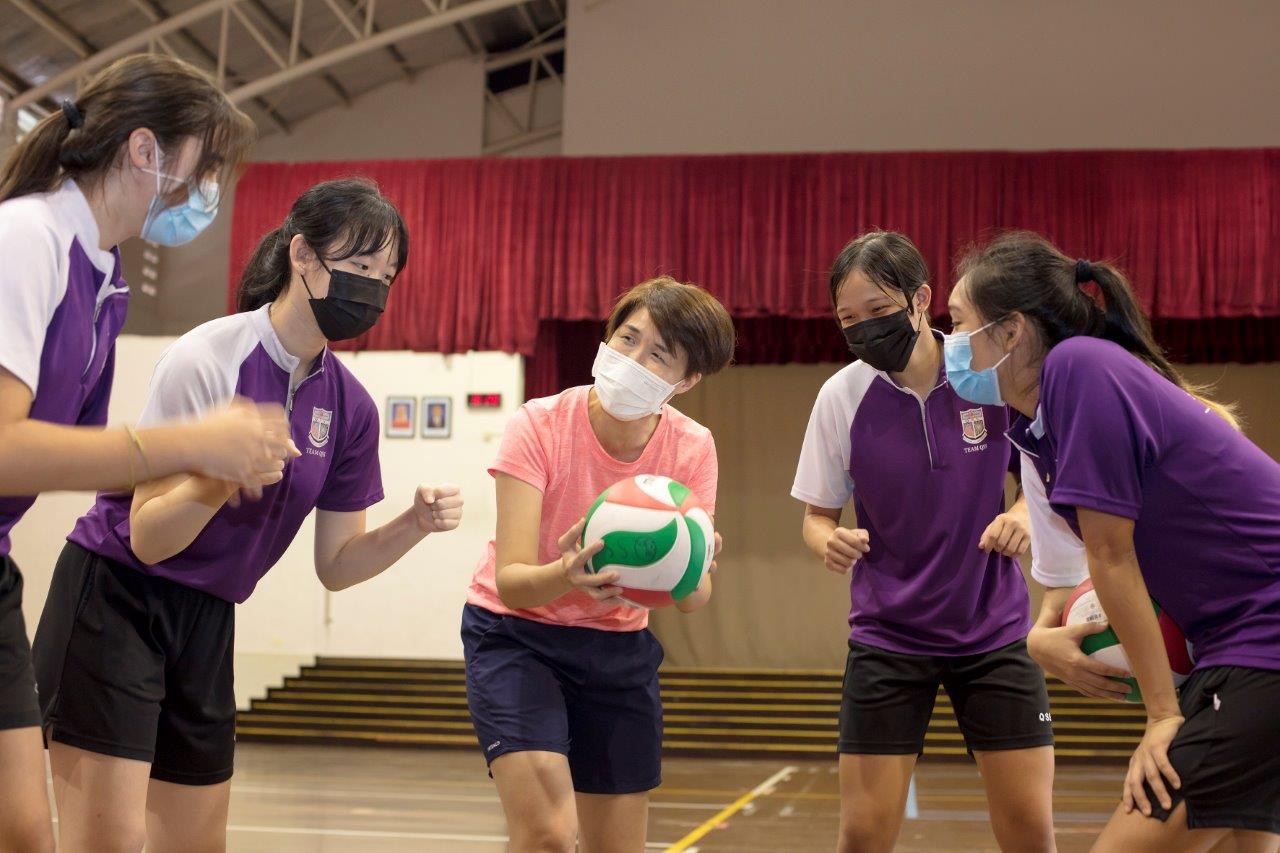Break Barriers, Not Rules
14 Jul 2021

Which are the lines to cross and which are the ones to respect? Mr Neo Wei Zong of Regent Secondary School helps his students recognise the difference through a mix of tough talk, tea and even theatre.
Neo Wei Zong, Regent Secondary School, Outstanding Youth in Education Award 2021 Finalist
In my school, ‘having tea’ with the Discipline Head is not a scary event. The students are used to such chats with me, and even make space for me on their bench when they see me approaching during lunch time.
In fact, as a History and Literature teacher, and Level Discipline Master, lunch period is the time I cherish most in a typical school day – not because it is a break from work, but because it is the best time for me to catch up with my students. The informal setting and the act of sharing a meal have helped students to open up, and they often take this opportunity to share with me the problems they are facing at home, or the latest scrapes they have been involved in at school.
These chats have not only helped me build rapport with my students, but also to know what is going on in their classes – who is feeling stressed and who is facing trouble at home – so that I can intervene as required.
Discipline and Care – Two Sides of the Same Coin
Managing teenagers, especially if their home environment is not the most conducive, can be challenging. But I believe that all students can change for the better if they know that we really care about them as individuals.
Care does not mean sheltering them from consequences of their misbehaviour and allowing them to do as they wish. It is about helping them take responsibility for their actions, so that they can learn and grow from it.
For example, some students who made fun of their peers online were counselled, and then asked to give a presentation to their class about cyber-wellness and demonstrate what they had learnt from their wrongdoing.
Of course, when it comes to working with students who display wilful or rebellious behaviour, we cannot expect to see changes overnight. It takes a lot of patience and constant encouragement, but when the message seeps in and takes root, the payoff is immense.
Room for Change
Another of my favourite places in school is the CHANGEmakers Room. This is where I spend my afternoons when I do not have other duties.
The CHANGEmakers is an after-school programme that provides a safe space for more vulnerable students, such as those who may lack parental supervision at home. Here, they can unwind with their friends over board games after school.
Like the canteen, it is a place where barriers come down and where students feel comfortable to speak to me about what they are struggling with, be it their peers or schoolwork, or enthuse about their latest hobbies and interests. Based on what they share, I organise activities that suit their interests, which also help to build their confidence and resilience. For example, we once transformed the space into an escape room for the students to take on different types of puzzles. Another highlight was when we successfully completed a hike up Bukit Timah Nature Park – on the most difficult trail no less!
I encourage the older students to take charge of the room and the activities, as well as help the new ones as they themselves were once guided. I am so proud of how the students grew through the programme and became positive influences on fellow students. Some of those who were initially shy are now the best ‘ambassadors’ that I have for the programme.
Building Respect for Rules and Structures
It is in the nature of teenagers to seek new experiences and test their limits. They may feel rules are restricting and find those of us who enforce them to be antagonists in their life stories. Therefore, one of the initiatives I introduced as part of my role in the Discipline Committee aimed to help students understand how rules, and by extension, the laws of a country, are meant not to restrict, but to make the community a better place for everyone.
“The Law and You” is a series of talks I conduct during morning assembly every month to teach students about current affairs, Singapore’s legal code and its processes. I guide my students on how the law works, and describe the consequences for the perpetrators. By explaining about the harm that victims go through, and the problems that even petty crimes like littering and chewing gum have on the community, I help students to understand how the laws actually protect rather than restrict people.
Challenging Stereotypes
While a large part of my work is to uphold rules in school, there are certain unseen barriers that I actively seek to dismantle.
Some students in my Literature class believe that, due to their family background, it is beyond them to appreciate poetry or theatre. These are stereotypical notions and invisible lines that the students have drawn to limit themselves. I am determined to challenge these assumptions.
For Literature, it is a rite of passage for my Lower Secondary students to go for plays or musicals. For the Upper Secondary students, they dress up in their best attire for ‘Shakespeare in the Park’, after which we discuss the finer points of the play.
To help them learn more about the work that goes behind a production, I worked with some companies to grant the students access to the inner workings of a theatre. The students were thrilled when they were permitted to go past the ‘restricted entry’ signs to meet the cast, and to go on backstage tours.
Through such events, I hope to reduce the unseen barriers that students from less privileged backgrounds may face or build for themselves.





